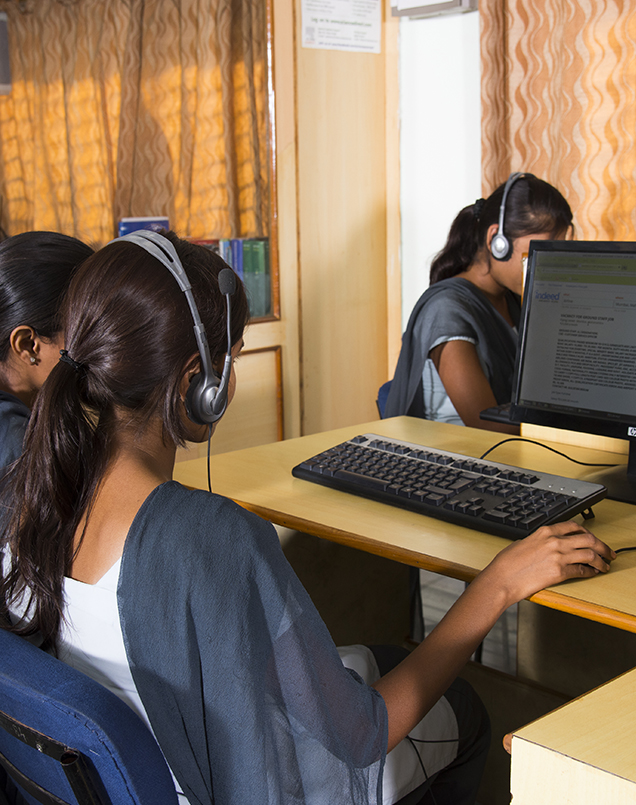- Text Size A- A A +
- English
- Web Portal Login
Overview
Overview
Education or teaching in the broadest sense is any act or experience that has a formative effect on the mind, character or physical ability of an individual. In its technical sense, education is the process by which society deliberately transmits its accumulated knowledge, skills and values from one generation to another.
Overview

Brief Introduction
Teachers in educational institutions direct the education of students and might draw on many subjects, including reading, writing, mathematics, science and history. This process is sometimes called schooling when referring to the education of teaching only a certain subject, usually as professors at institutions of higher learning. There is also education in fields for those who want specific vocational skills, such as those required to be a pilot. In addition there is an array of education possible at the informal level, such as in museums and libraries, with the Internet and in life experience. Many non-traditional education options are now available and continue to evolve.
The Right to Education
The Right to Education has been established as a basic human right: since 1952, Article 2 of the first Protocol to the European Convention on Human Rights obliges all signatory parties to guarantee the right to education. At world level, the United Nations' International Covenant on Economic, Social and Cultural Rights of 1966 guarantees this right under its Article 13.
India has passed the Right to Education Bill 2009 in August 2009
Eleventh Five Year Plan Education
The role of education in facilitating social and economic progress is well recognized. It opens up opportunities leading to both individual and group entitlements.
Engendering XI Five Year Plan
Engendering XI Five Year Plan (below to be added as description) A civil society initiative coordinated by National Alliance of Women (NAWO) with support from Ministry of Women and Child Development (MWCD), UN Development Program (UNDP) and UN Development Fund for Women (UNIFEM).
Higher Education XI Plan
A little more than half a century has passed since the government initiated a planned development of higher education in the country with the establishment of University Grants Commission in 1953.



